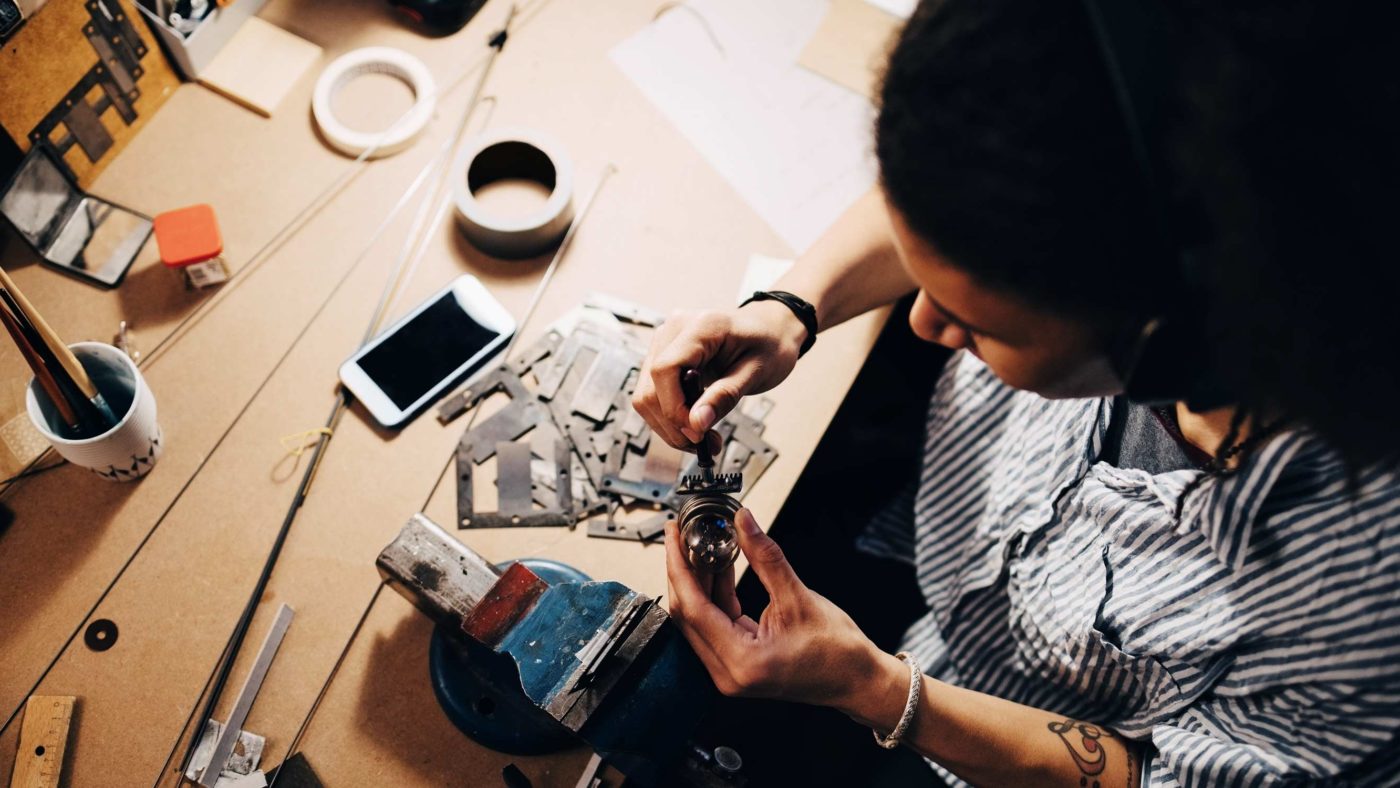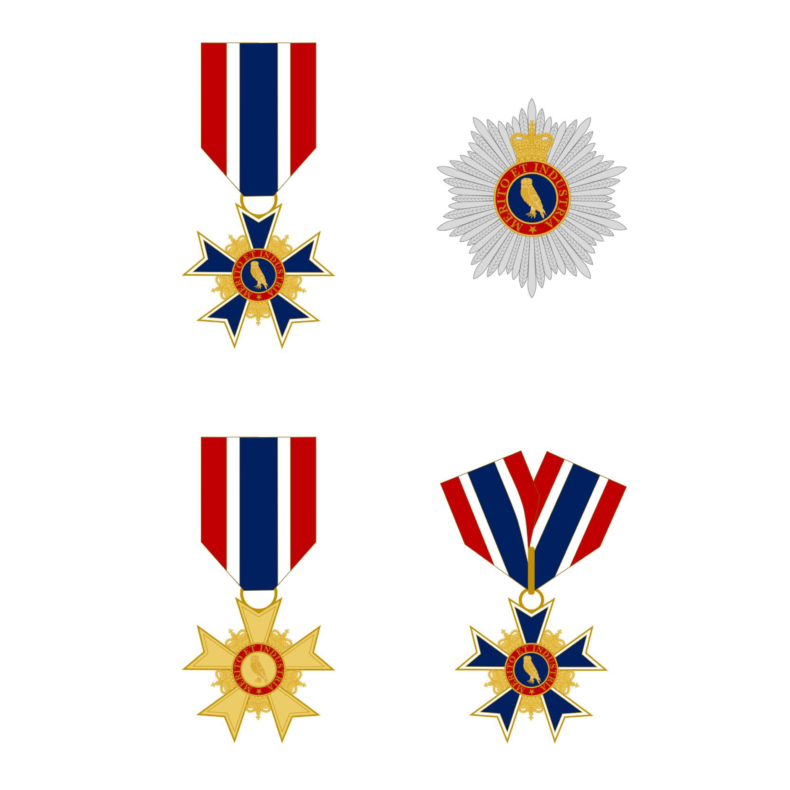On Saturday, to coincide with the Queen’s official birthday, we learned the names of the hundreds of people newly admitted to the Order of the British Empire. Many of them are already household names, like Prue Leith, now a Dame, and footballers Raheem Sterling and Jordan Henderson, now both MBEs. The past few honours lists have also recognised many more people for their efforts in fighting the pandemic, from volunteers and key workers who kept the NHS ticking, to the scientists who developed vaccines.
Yet on the whole, the honours system rarely recognises the people responsible for technological or scientific advancements. Before the pandemic made science a more salient matter of life and death, fewer than one in ten of the people recognised by the lists since 2015 were honoured for services to science, innovation, technology, engineering, entrepreneurship, or even broader categories like business or industry. When you remove the catch-all of “business”, which is often given to uninnovative CEOs as well as to industry’s innovators, the figure is less than 7%. And even then, many of the honours given to entrepreneurs or innovators are not for the advancements they make that improve our lives, but for things like increasing diversity in their fields, or for their philanthropy.
This is not to say, of course, that philanthropy, increasing diversity and public service should not be honoured. But scientists and innovators are remarkably under-recognised considering how much of our daily life, and the material progress we make each year, depends upon them. From increasing sustainability, reducing waste, and finding new treatments for disease, to making food taste better, industries more efficient, and services run smoother, we owe a lot to the people often quietly experimenting away in laboratories and workshops, behind computer screens or in kitchens or makerspaces, or even just tinkering with machines and circuit boards in the garage or garden shed. Unlike the sportspeople, actors, musicians, authors, and politicians to whom we give so many extra accolades, there is rarely any fame or glory to be had. And while a few entrepreneurs might get rich off their innovations, the great majority of them don’t.
Which is why we need a new order of chivalry: one specifically aimed at honouring people for their inventions, scientific discoveries, and technological advancements, to function in parallel with the Order of the British Empire recognising public service and charity.
In a new report for The Entrepreneurs Network, Ned Donovan and I set out exactly how the new order for innovators might work. We propose that it be founded to coincide with the Queen’s 2022 Platinum Jubilee, and perhaps even named the Elizabethan Order – something harking back to the flourishing of science and invention during the first Elizabethan Age in the late sixteenth century, with such pioneers as William Gilbert and Francis Bacon, as well as commemorating the extraordinary scientific and technological advancements of the last six decades. It would have equivalent ranks to the existing Order of the British Empire, with its own knights and dames, with KE or DE for their post-nominals (and with CE, OE, ME to be on par with the existing CBE, OBE, and MBE). We have even had some potential designs (pictured below) drawn up by a professional herald, who has helped design national honours and decorations for several Commonwealth countries.
Significantly, the Elizabethan Order would be extremely inexpensive to run. With a proposed maximum each year of 273 awards – for symbolism’s sake, to reflect that -273.15 degrees Celsius is the figure for absolute 0, or 0 kelvins – Baron Kelvin having been the first British scientist and inventor to be elevated to the House of Lords for his achievements – the entire order would cost less than the annual salary of a single MP. It may thus be the most cost-effective policy to promote innovation imaginable, especially considering its likely effect on the overall status of science and invention in the country, encouraging the public to nominate many more innovators and entrepreneurs for recognition, and elevating more role models for young people to emulate.
This is not to say that individual young people will choose to become innovators because they might get an honour at the end. But anyone looking at the current honours list could be forgiven for thinking that the easiest route to widespread recognition from society would be to go into a career in sport or the arts, or else to become the CEO of a large business, to donate lots of money to charity, to enter the military, or to simply become a civil servant and rise through the ranks. These are of course praiseworthy activities and worthy of such recognition, but it means that recognition of the few inventors’ achievements is drowned out, and any status-raising effects on innovation as a career path diluted.
The founding of an Elizabethan Order would rectify that imbalance, and much more effectively than just increasing the number of scientists, engineers or inventors given OBEs. It would ensure that recognition for innovators really stands out, making good on the Government’s laudable aim of making the country the best place in the world to be an inventor, scientist, or entrepreneur. The more we can do to encourage them, the better.
Click here to subscribe to our daily briefing – the best pieces from CapX and across the web.
CapX depends on the generosity of its readers. If you value what we do, please consider making a donation.



